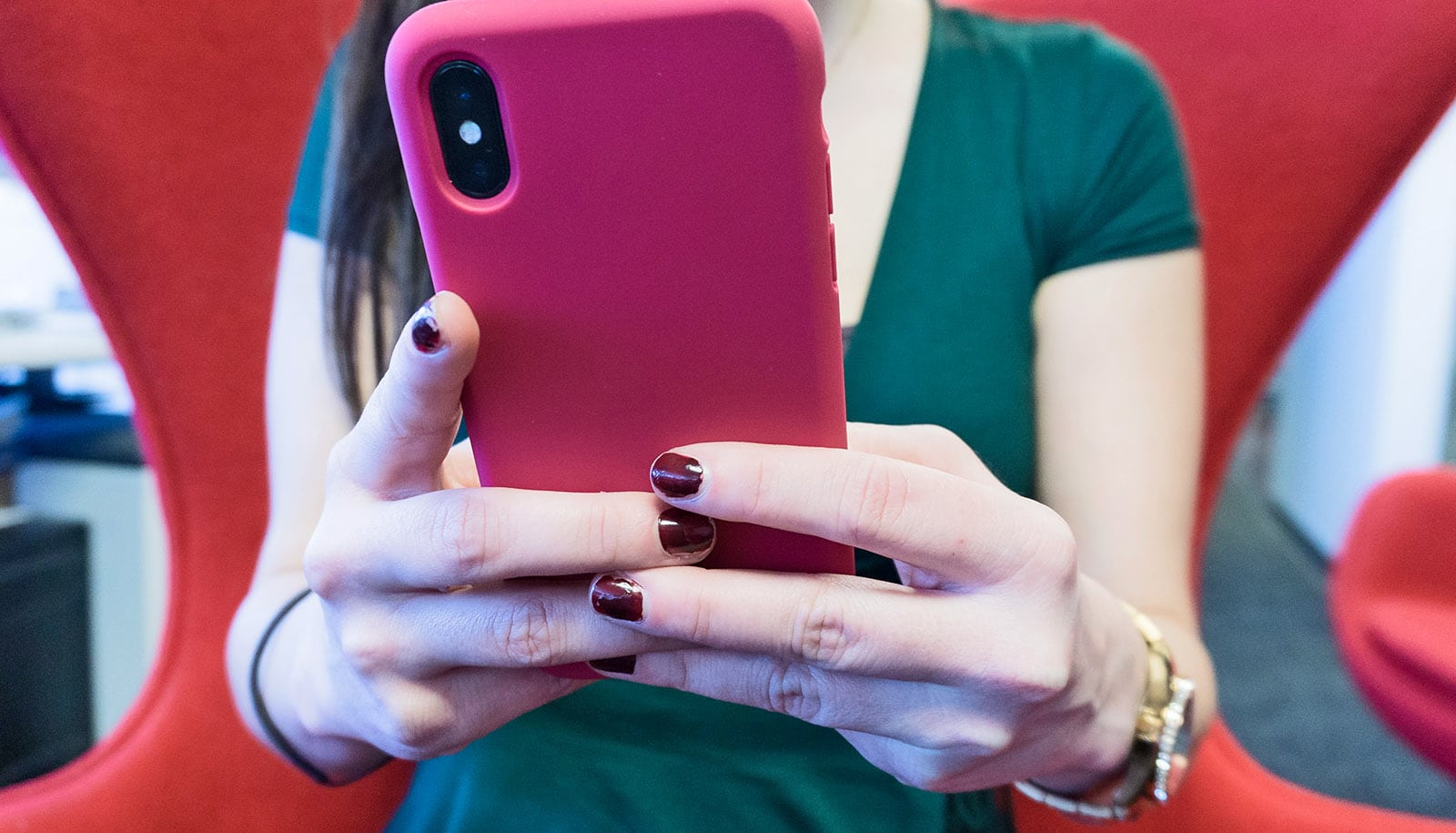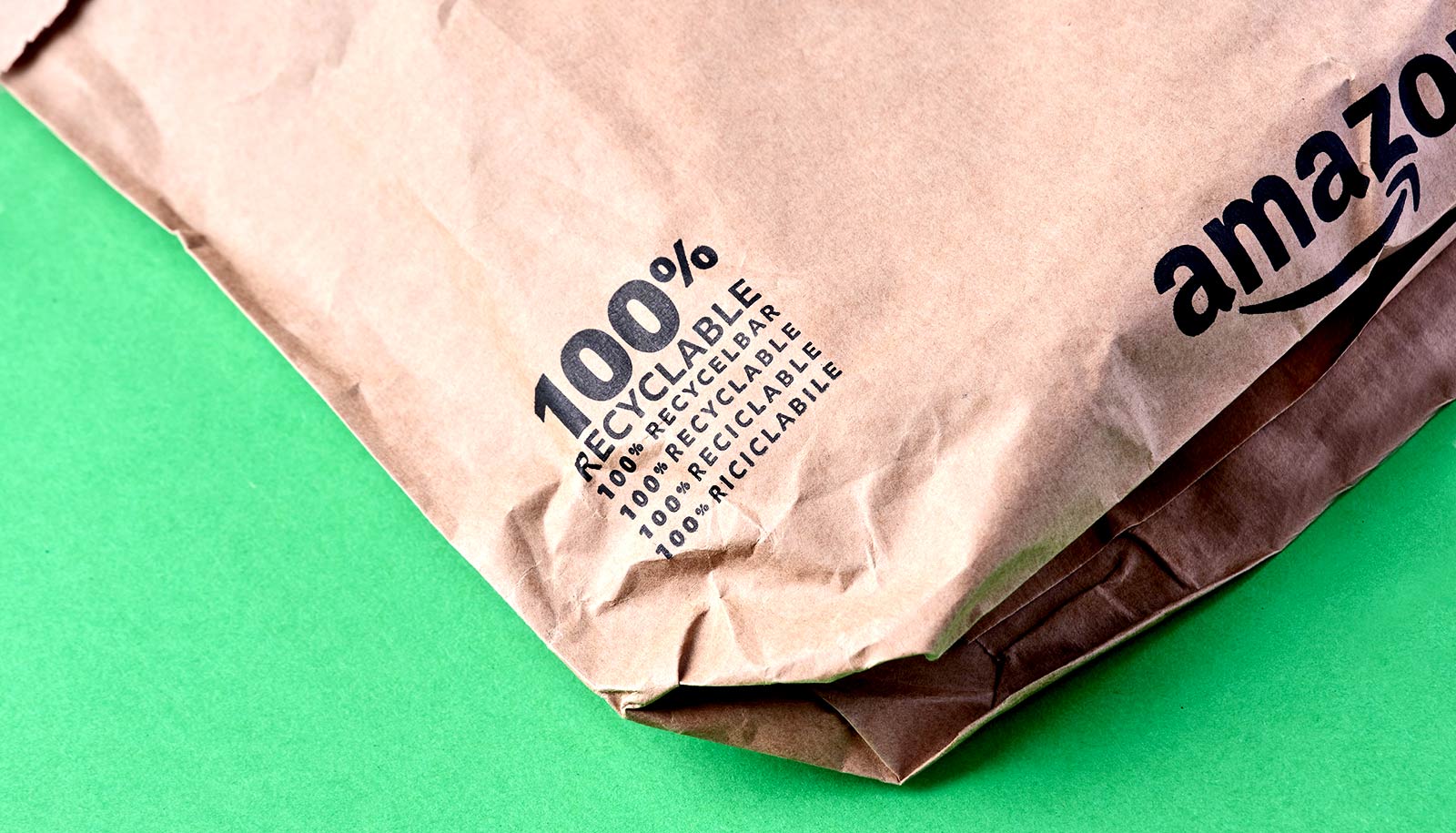Smartphones may push us to subconsciously prefer custom products, research finds.
The new study shows that consumers gravitate toward customized, rare, or special products when they are engrossed in their phones. The highly private and personalized feelings we have toward our phones seem to encourage us to express our unique selves more than if we buy products on a larger computer—or borrow a stranger’s phone.
The findings suggest that companies should—and might already—change what they offer people depending on what device they are using. The smartphone’s activation of a self-expression mindset also likely alters a range of behaviors, such as how people respond to political polls on mobile devices.
“When you use your phone, your authentic self is being expressed to a greater extent. That affects the options you seek and the attitudes you express,” says Aner Sela, a professor in the University of Florida’s Warrington College of Business and a coauthor of the study.
Sela and his former doctoral student Camilla Song, now an assistant professor at City University of Hong Kong, report their findings in the Journal of Marketing Research.
The researchers suspected that smartphones would turn people inward to reflect on their unique identity. This psychological state is known as private self-focus and affects all kinds of behaviors.
“People with high levels of private self-focus tend to be more independent in the attitudes that they express. They conform less,” Sela says. “When they make choices, they tend to choose based on privately or deeply held beliefs, preferences, or tastes and they’re less influenced by social contexts.”
Across five experiments with undergraduate students and online respondents, Sela and Song tested if smartphones could encourage enough private self-focus to change behavior.
The researchers found that people using smartphones were much more likely to prefer unique items rather than popular ones or to choose products that they were told had been tailored to their personality than if they used a larger computer. These effects disappeared if they were given a loaner phone of the same brand.
“With a borrowed phone, it doesn’t feel like you’re in your own little bubble. What we find is the use of smartphone and its activation of private self-focus is really unique to a personal device,” Sela says.
In related research yet to be published, Sela and Song also found that consumers are also more brand loyal and less likely to return items they bought with their phones. The increased self-focus also leads people to express deeply held beliefs, like political opinions, more strongly.
These findings, coupled with the ubiquity of smartphones, suggest that this unconscious push toward self-expression could influence nearly all our behaviors—from ordering sushi to online dating.
Source: University of Florida



